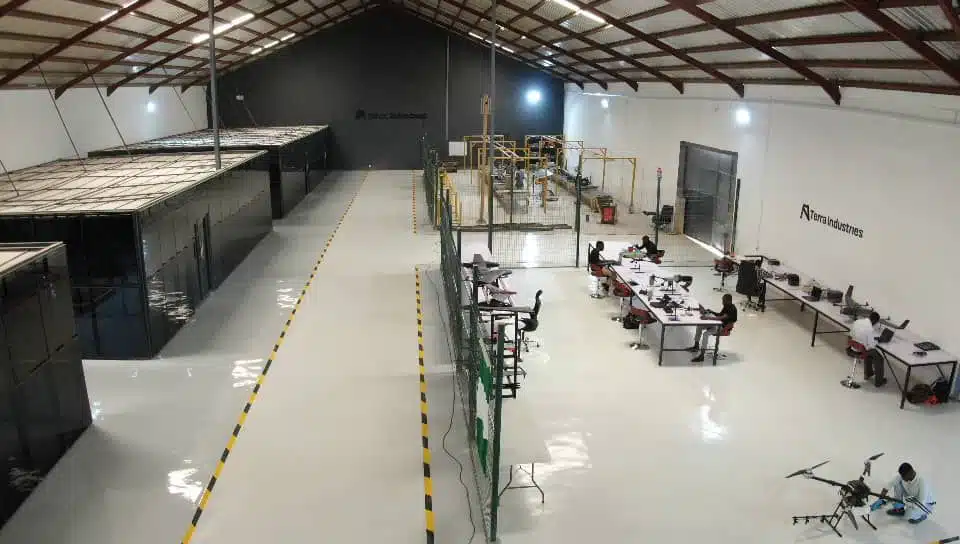The news
- South Africa’s Competition Commission is urging global tech firms like Google, Meta, and X (formerly Twitter) to compensate local news publishers for using their content.
- Google could be required to pay South African media companies between R300 million ($16.3 million) and R500 million ($27 million) annually over a three- to five-year period. The proposal aims to address declining revenues in the local media industry and restore referral traffic lost due to content de-prioritisation.
- The Commission recommends that YouTube enhance monetisation opportunities for media companies and broadcasters, including the SABC, by increasing the revenue share to 70% and actively promoting higher-value direct sales by the media.
South Africa’s Competition Commission has intensified its efforts to hold major digital platforms accountable for using news content generated by local publishers. The regulator’s latest provisional report from the Media and Digital Platforms Market Inquiry recommends that Google, Meta Platforms, and other digital giants compensate local media companies for content that drives user engagement and advertising revenues on their platforms.
The Commission proposes that Google pay local publishers between R300 million ($16.3 million) and R500 million ($27 million) annually over a three- to five-year period. This recommendation aligns with similar global initiatives, such as Australia’s News Media Bargaining Code, which has led to significant financial agreements between tech firms and news outlets.
Local media houses have struggled financially as advertising revenue has migrated to digital platforms, leaving traditional publishers with shrinking income streams. Google and Meta (especially its search engines), in particular, dominate online advertising in South Africa, benefiting from news content while providing little to no direct compensation to its creators.
The Commission has raised concerns that Meta and X have deliberately reduced the visibility of news content on their platforms, negatively impacting referral traffic to local media sites. This move has further harmed South African publishers’ revenue potential relying on platform-generated traffic.
Beyond financial compensation, the Commission recommends that South African news publishers be allowed to negotiate collectively with AI firms over the use of their content for training purposes. This reflects a growing global concern over how artificial intelligence tools, like ChatGPT, scrape and repurpose online content without proper authorisation or remuneration.
By granting media houses the right to collectively bargain, the Commission aims to strengthen the industry’s position in securing fairer terms from both tech platforms and AI-driven content aggregators.
If implemented, these recommendations could reshape the relationship between South African media companies and global digital giants. Financial support from companies like Google would provide much-needed relief to struggling newsrooms, ensuring the sustainability of quality journalism in the country.
However, enforcing these policies could prove difficult. Similar moves in other countries, including Canada and Australia, have faced pushback from tech firms, leading to standoffs and platform restrictions on news content. If Google and Meta resist the South African regulator’s proposals, the government may need to consider additional legislative measures to enforce compliance.
South Africa’s Competition Commission is taking an assertive stance to secure fair compensation for local news publishers, recognising the value they provide to digital platforms.

Victoria Fakiya – Senior Writer
Techpoint Digest
Stop struggling to find your tech career path
Discover in-demand tech skills and build a standout portfolio in this FREE 5-day email course
While this initiative could bring much-needed financial relief to the media industry, its success will depend on whether global tech companies comply or push back. With similar battles unfolding worldwide, South Africa’s actions may set a precedent for other African nations seeking to balance the power between news creators and digital distribution giants.











